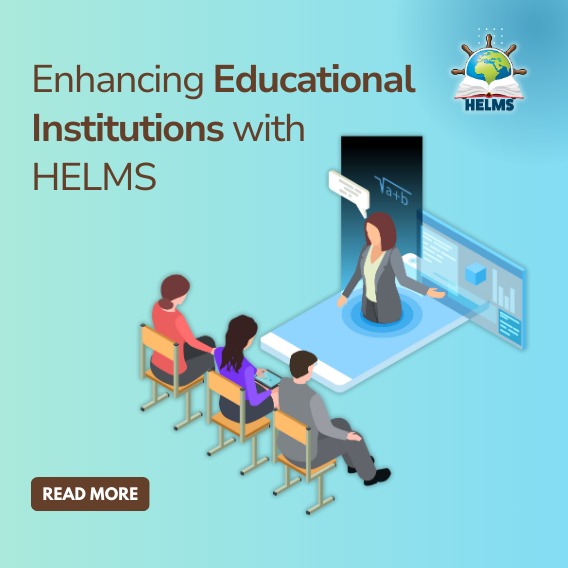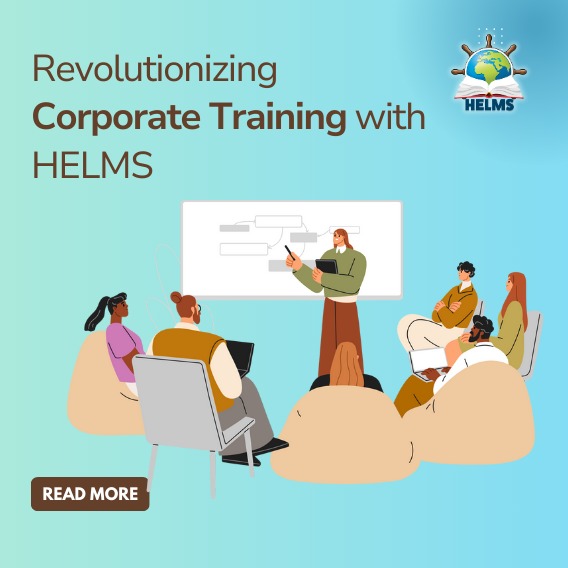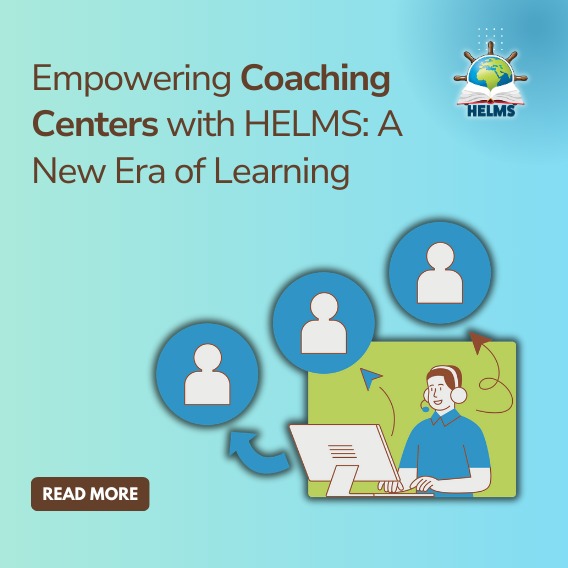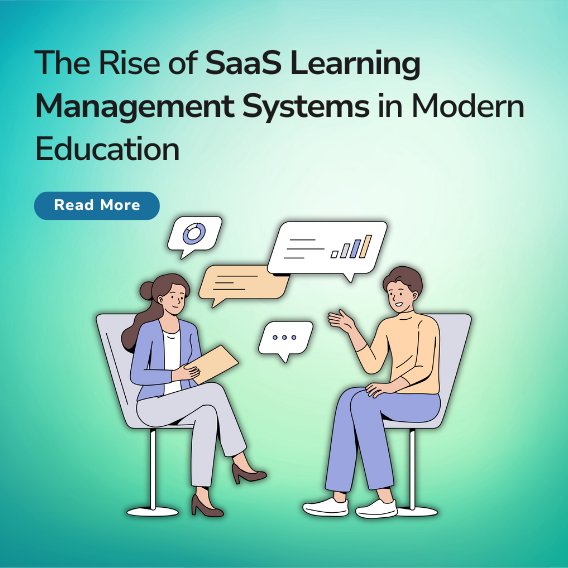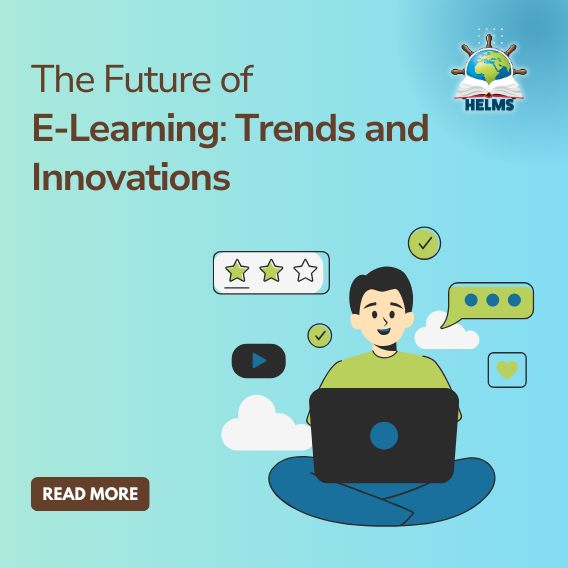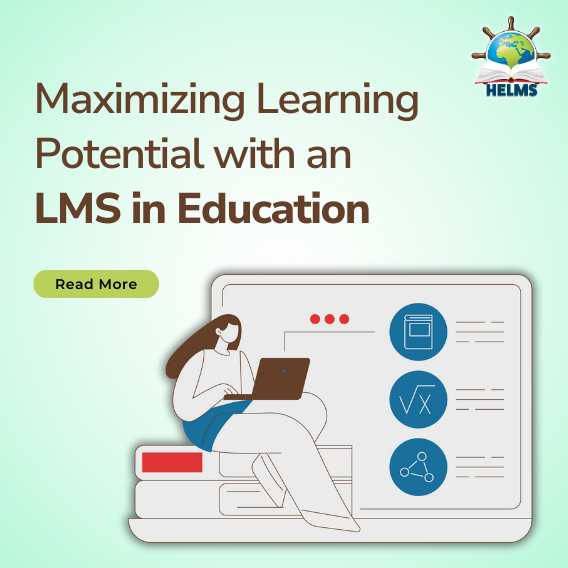The e-learning industry is evolving rapidly, driven by advancements in data-driven analytics, microlearning techniques and interactive content delivery. Organizations and educational institutions must implement a flexible and scalable Learning Management System (LMS) to keep pace with these emerging trends and enhance learner engagement.
The Rise of SaaS Learning
Management Systems in Modern Education
E-Learning Trends Shaping the Future
1. Data-Driven Learning Analytics
Modern LMS platforms provide advanced analytics to track learner progress, identify knowledge gaps and offer valuable insights to refine course structures. By analyzing engagement patterns, institutions can optimize training programs thereby leading to improved knowledge retention and better performance. Real-time data tracking helps instructors to understand what areas require more improvement and they can change the content accordingly
Additionally, AI-powered analytics can predict learner behavior, offering adaptive learning paths based on individual strengths and weaknesses. This ensures that students receive personalized support leading to improving course completion rates and satisfaction. 2. Microlearning & Bite-Sized Content With decreasing attention spans, microlearning has become an important aspect of modern education. This approach involves delivering short and focused lessons to ensure that learners can absorb information efficiently. Microlearning makes education more accessible, engaging and effective for busy professionals and students.
By breaking down complex topics into manageable modules, learners can grasp concepts more quickly and retain knowledge for a longer period of time. Microlearning also supports on-the-go learning, enabling users to complete lessons in their own time without disrupting their daily routines. 3. Interactive & Multimedia Learning Incorporating videos, case studies, simulations and real-world scenarios into e-learning content creates an immersive learning experience. Interactive elements keep them engaged, cater to different learning styles and significantly enhance comprehension and retention. As digital education continues to evolve, multimedia-based content has become an integral part of modern LMS platforms.
For example, virtual labs and gamified assessments provide hands-on experiences and reinforces theoretical knowledge through practical application. This approach encourages learners to actively participate rather than passively consume information, leading to deeper understanding and long-term retention.
Additionally, AI-powered analytics can predict learner behavior, offering adaptive learning paths based on individual strengths and weaknesses. This ensures that students receive personalized support leading to improving course completion rates and satisfaction. 2. Microlearning & Bite-Sized Content With decreasing attention spans, microlearning has become an important aspect of modern education. This approach involves delivering short and focused lessons to ensure that learners can absorb information efficiently. Microlearning makes education more accessible, engaging and effective for busy professionals and students.
By breaking down complex topics into manageable modules, learners can grasp concepts more quickly and retain knowledge for a longer period of time. Microlearning also supports on-the-go learning, enabling users to complete lessons in their own time without disrupting their daily routines. 3. Interactive & Multimedia Learning Incorporating videos, case studies, simulations and real-world scenarios into e-learning content creates an immersive learning experience. Interactive elements keep them engaged, cater to different learning styles and significantly enhance comprehension and retention. As digital education continues to evolve, multimedia-based content has become an integral part of modern LMS platforms.
For example, virtual labs and gamified assessments provide hands-on experiences and reinforces theoretical knowledge through practical application. This approach encourages learners to actively participate rather than passively consume information, leading to deeper understanding and long-term retention.
How HELMS Aligns with Future E-Learning Trends
By leveraging HELMS, institutions and businesses can future-proof their learning programs thereby improving learner engagement and achieving measurable training success. In a world where digital learning is becoming the new normal, having a robust LMS that adapts to industry trends ensures continued growth and efficiency.
With HELMS, organizations can offer scalable, personalized and technology-driven education solutions that meet the evolving needs of modern learners. Stay ahead in the digital learning revolution with an LMS designed for the future.
For more information, visit www.helmsportal.com


